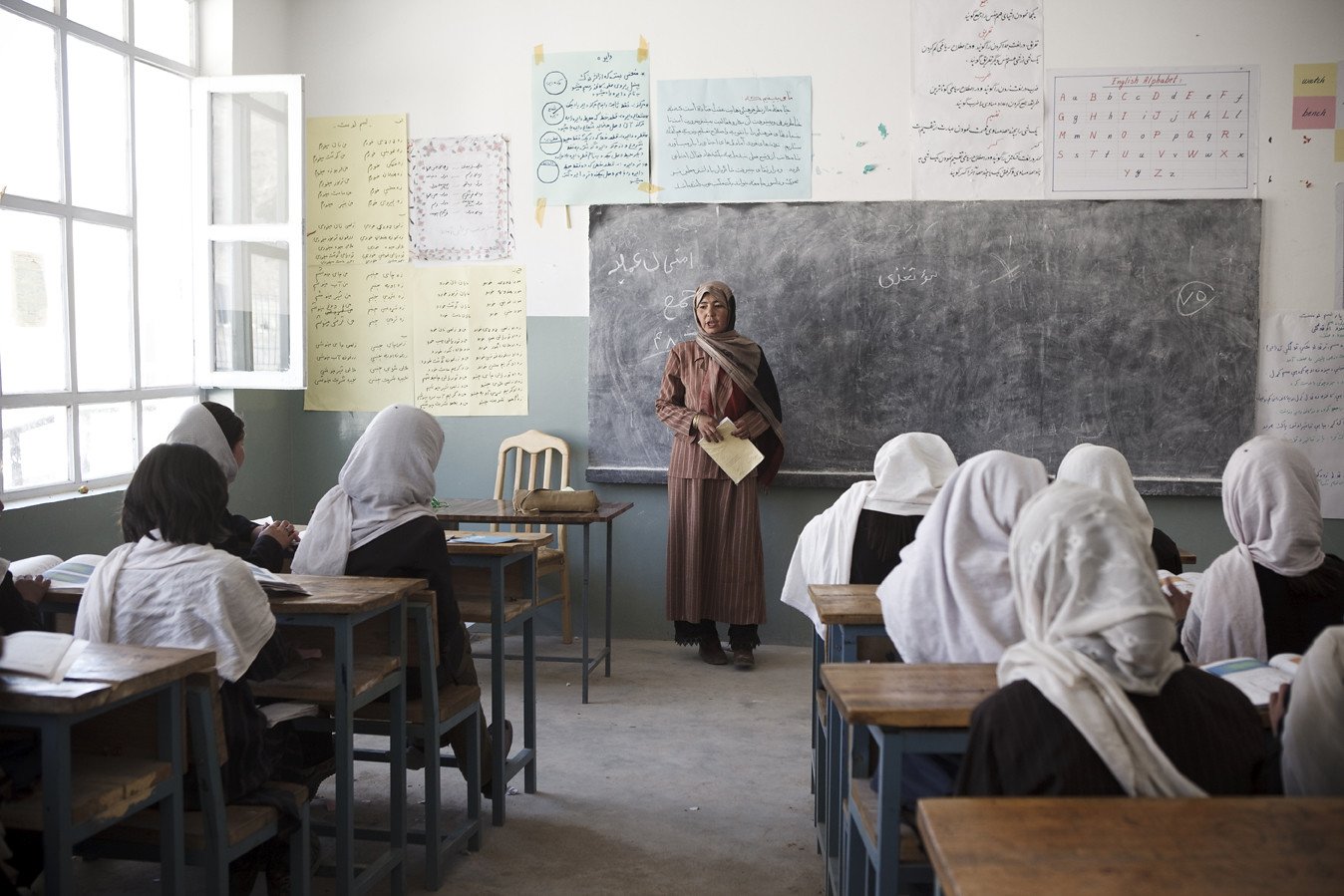How Educated Girls Can Be a Game Changer for Society and Economy

- Jawad Sheikh
- 10 Mar, 2023
Education is the key to unlocking the full potential of individuals, communities, and nations. When it comes to girls' education, the benefits are immense, both for the individuals and the society they live in. Educated girls are better equipped to make informed decisions about their lives, contribute to their families and communities, and drive economic growth. In this blog post, we will explore how educated girls can be a game changer for society and the economy, and why investing in girls' education is crucial.
The Benefits of Girls' Education
Empowerment and Personal Development
Education is a fundamental human right that enables individuals to develop their potential and live a life of dignity. For girls, education is particularly important because it provides them with the knowledge and skills they need to make informed decisions about their lives. Educated girls are more likely to have a voice in their communities, participate in public life, and advocate for their rights. Education also helps girls develop their self-esteem and confidence, which can lead to greater resilience and well-being.
Improved Health and Well-Being
Educated girls are more likely to have better health outcomes for themselves and their families. They are more likely to understand the importance of good nutrition, hygiene, and healthcare, and are better equipped to make informed decisions about their own health and that of their children. Education can also help reduce child and maternal mortality rates, as educated women are more likely to seek prenatal and postnatal care and have safer pregnancies and deliveries.
Economic Development
Investing in girls' education is not only a moral imperative, but also an economic necessity. Educated girls are more likely to enter the workforce and earn higher incomes, which can lead to economic growth and poverty reduction. Women's economic empowerment can also have a ripple effect on their families and communities, as they are more likely to invest in their children's education, healthcare, and nutrition.
Social Development
Educated girls can also have a transformative impact on their communities and societies. They are more likely to challenge harmful traditional practices such as child marriage and female genital mutilation, and advocate for gender equality and women's rights. Educated women are also more likely to participate in civic and political life, which can lead to greater representation and diversity in decision-making processes.
Barriers to Girls' Education
Despite the many benefits of girls' education, there are still significant barriers that prevent girls from accessing and completing education. Some of the main barriers include:
Poverty: Girls from poor families are more likely to drop out of school due to financial constraints, and are often forced to marry at a young age.
Cultural and Social Norms: Some communities have deeply ingrained cultural and social norms that prevent girls from attending school, particularly at the secondary and tertiary levels.
Lack of Infrastructure and Resources: Many schools in developing countries lack basic infrastructure and resources, such as classrooms, textbooks, and qualified teachers, making it difficult for girls to learn and excel.
Conflict and Crisis: In conflict and crisis situations, girls are often the first to be pulled out of school, and may face increased risks of violence and exploitation.
Addressing these barriers requires a multi-faceted approach that involves governments, civil society organizations, and the private sector.
Investing in Girls' Education
Investing in girls' education is not only a moral imperative, but also a smart investment. Here are some of the ways that governments, civil society organizations, and the private sector can invest in girls' education:
Policy and Legal Reforms: Governments can enact policies and legal reforms that promote girls' education, such as providing free and compulsory primary and secondary education, banning child marriage and other harmful practices, and increasing funding for education.
Improving Access and Quality: Efforts should be made to improve access to education, particularly for girls in rural and marginalized communities. This includes building schools and improving infrastructure, providing scholarships and stipends, and recruiting and training qualified teachers.
Addressing Cultural and Social Norms: To address cultural and social norms that prevent girls from attending school, it is important to engage with communities and families, raise awareness about the benefits of girls' education, and provide support and resources for girls and their families.
Empowering Girls and Women: Girls and women should be empowered to advocate for their own education and rights, and provided with opportunities to build their skills and knowledge. This can include programs that promote leadership and entrepreneurship, as well as initiatives that address gender-based violence and discrimination.
Private Sector Engagement: The private sector can play a critical role in investing in girls' education, through partnerships with governments and civil society organizations, as well as through corporate social responsibility initiatives. This can include funding education programs, providing training and employment opportunities for women, and supporting girls' education through innovative technologies and approaches.
Educated girls can be a game changer for society and the economy. When girls are educated, they are empowered to make informed decisions about their lives, contribute to their families and communities, and drive economic growth. However, there are still significant barriers that prevent girls from accessing and completing education, including poverty, cultural and social norms, lack of infrastructure and resources, and conflict and crisis.
Investing in girls' education is not only a moral imperative, but also a smart investment. Governments, civil society organizations, and the private sector all have a role to play in promoting girls' education and addressing the barriers that prevent girls from accessing and completing education. By investing in girls' education, we can create a more just, equitable, and prosperous world for all.
Leave a Reply
Your email address will not be published. Required fields are marked *











